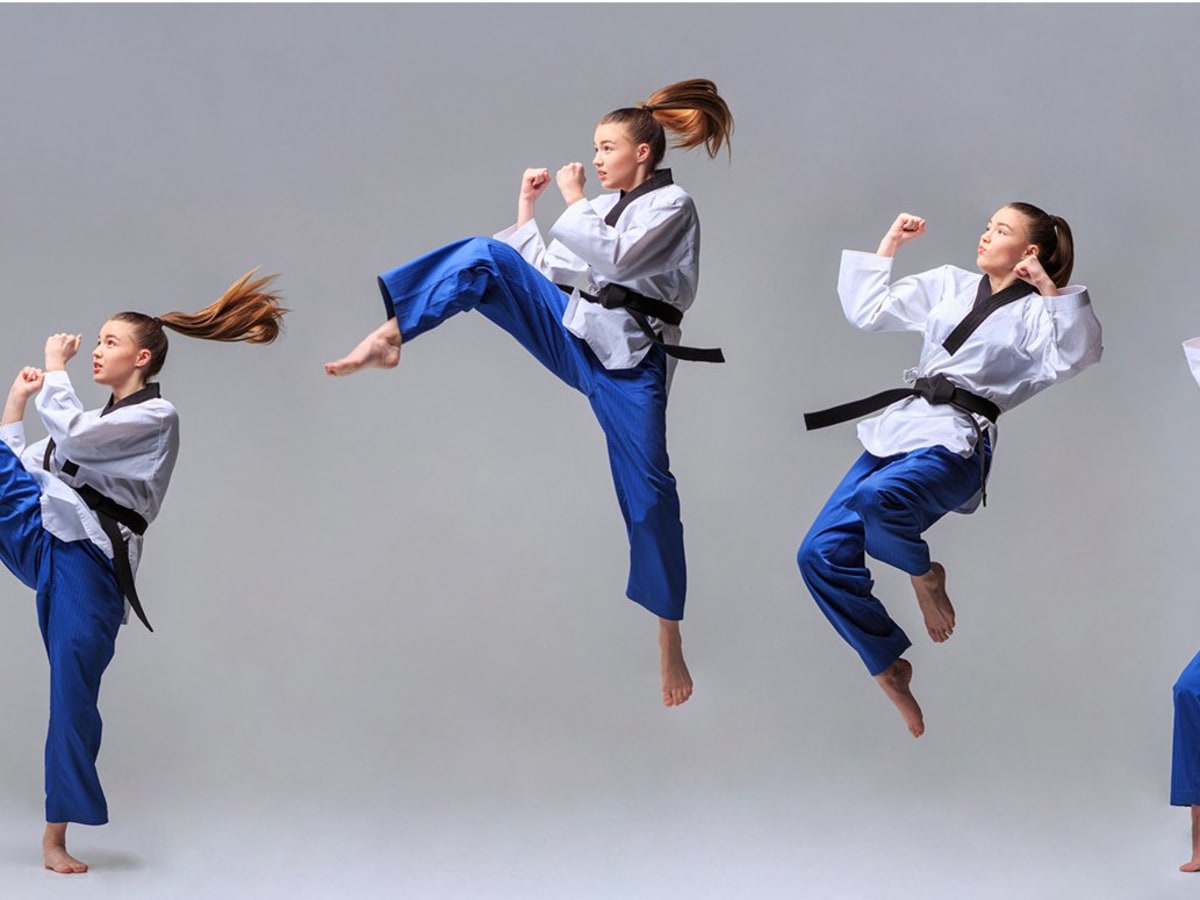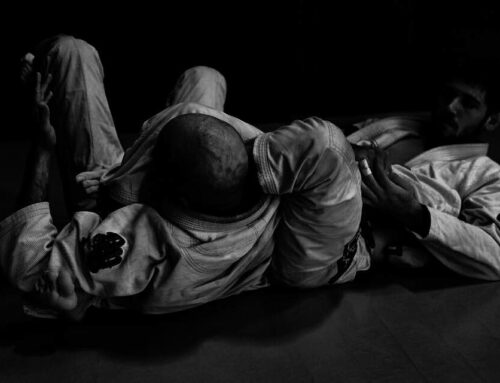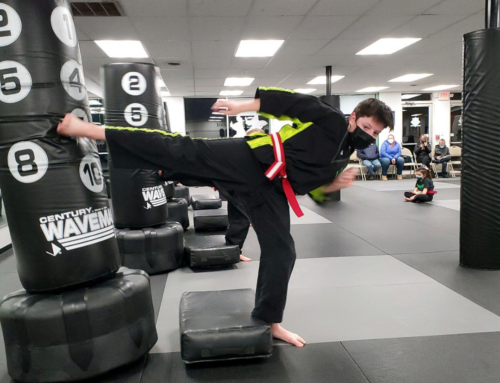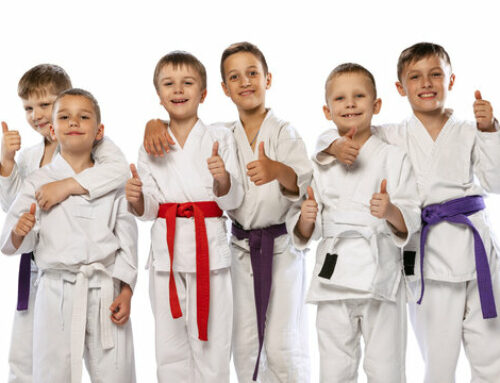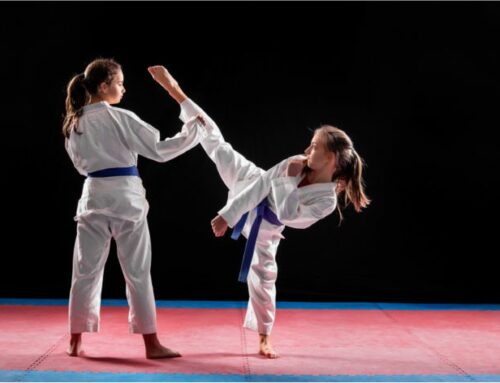Many parents enroll their teens in various programs that could boost their confidence, discipline, and physical abilities. One popular activity that provides these benefits is martial arts.
Generally speaking, martial arts enhance flexibility and agility, promote self-discipline, and build self-confidence. Additionally, martial arts can improve cardiovascular endurance, muscular strength and endurance, and bone density.
Forms of Martial Arts
Before signing up your teen for a martial arts class, you need to understand that there are various forms of martial arts. Each form has its own unique set of benefits and drawbacks.
Some popular martial arts forms include:
- Karate – Karate is a martial art that fixates on kicks and punches. Most of the movements include extending the arm and leg. Karate is ideal for teaching discipline and focus.
- Taekwondo – Unlike karate, taekwondo concentrates more on using the legs for attacks. The movements are more fluid and graceful. Taekwondo is great for teaching balance and discipline.
- Judo – Judo is a martial art that applies throws and holds to subdue an opponent. It is a suitable form of martial arts for improving physical abilities, self-defense skills, and discipline.
- Brazilian Jiu-Jitsu – Brazilian Jiu-Jitsu is a martial art focusing on ground fighting. The goal is to use leverage and technique to overcome an opponent. Brazilian Jiu-Jitsu is great for teaching discipline and control.
The Risks of Signing up for Martial Arts Classes
Although martial arts provides a wide range of benefits, a few risks are associated with signing up for martial arts classes.
- Injuries – It’s a no-brainer that, one way or another, your teen will gain physical injuries while enrolled in martial arts classes. Most injuries are inconsequential and can be treated with ice and rest. However, more serious injuries can occur, so it’s important to be aware of the risks before enrolling your child.
- Burnout – Too much participation in martial arts classes can cause burnout. After all, it would help if you considered your teen’s physical, emotional, and psychological health. Signs of burnout can include fatigue, decreased enthusiasm for the sport, and irritability. If your teen is experiencing any of these symptoms, it might be time to take a break from martial arts.
- Lack of Motivation – Although most martial arts students are highly motivated, some may eventually lose interest, leading to a lack of progress and decreased skill.
- Lack of Discipline – To be successful in martial arts, your teen must learn and follow the rules. Without discipline, your teen may not achieve the goals they’ve set for themselves.
- Aggression – Sometimes, martial arts can lead to increased aggression rather than the calm and discipline that is typically associated with the sport. If your teen is exhibiting violent or aggressive behavior outside of the dojo, it might be time to reconsider their participation in martial arts.
Although some risks are associated with enrolling your teen in martial arts classes, most of these risks can be avoided by researching and choosing a reputable school. With the right preparation, your teen can enjoy all the benefits of martial arts.
Final Thoughts
Martial arts is a great way to stay fit, learn self-defense and discipline, and have fun. But like any activity, it has its risks. Injuries, both minor and major, can occur, so you must know the risks and take precautions.
Pride Martial Arts Academy provides an extensive range of martial arts classes your teen can take to boost their confidence and communication skills. Sign up for a class today!

